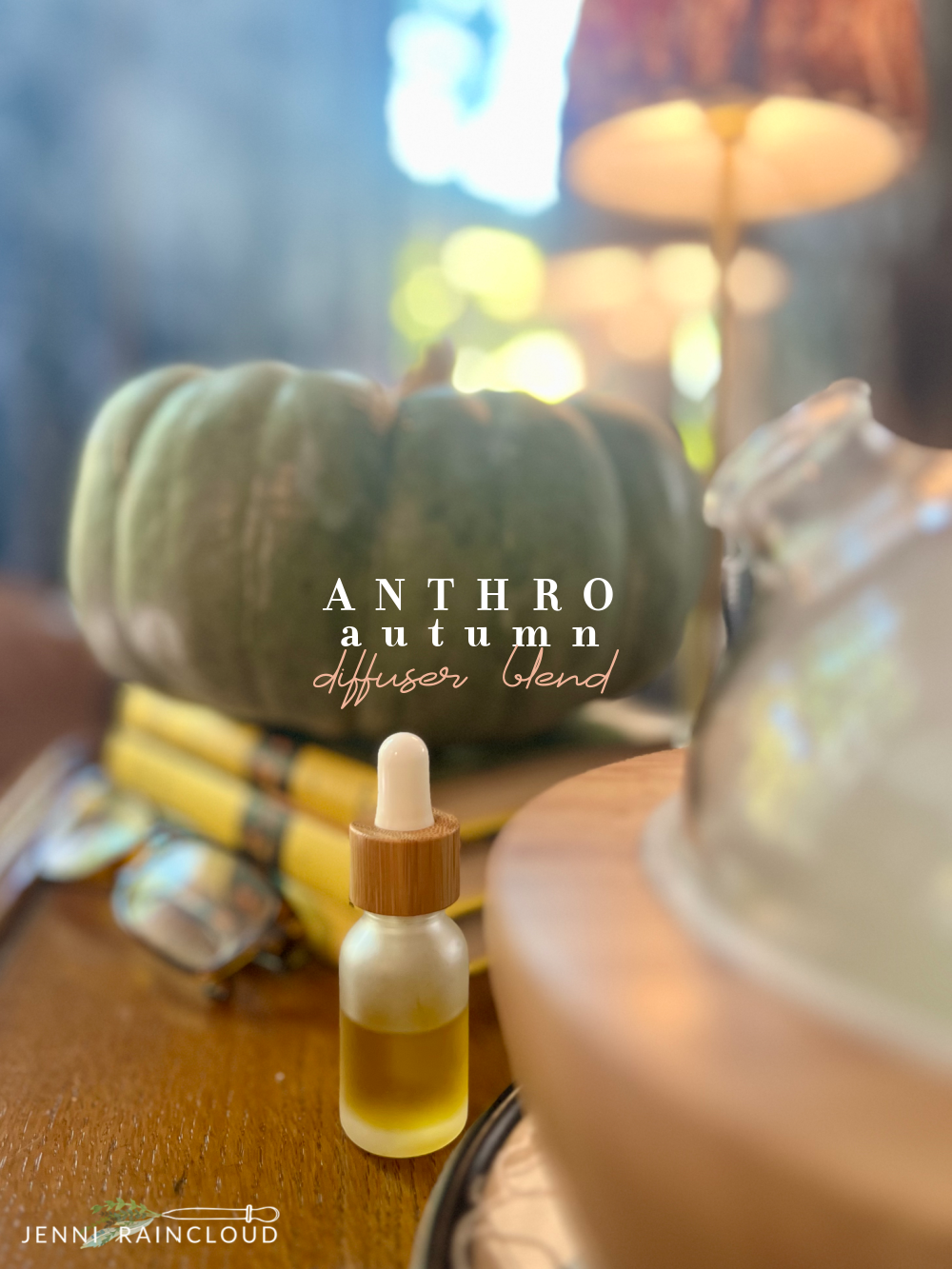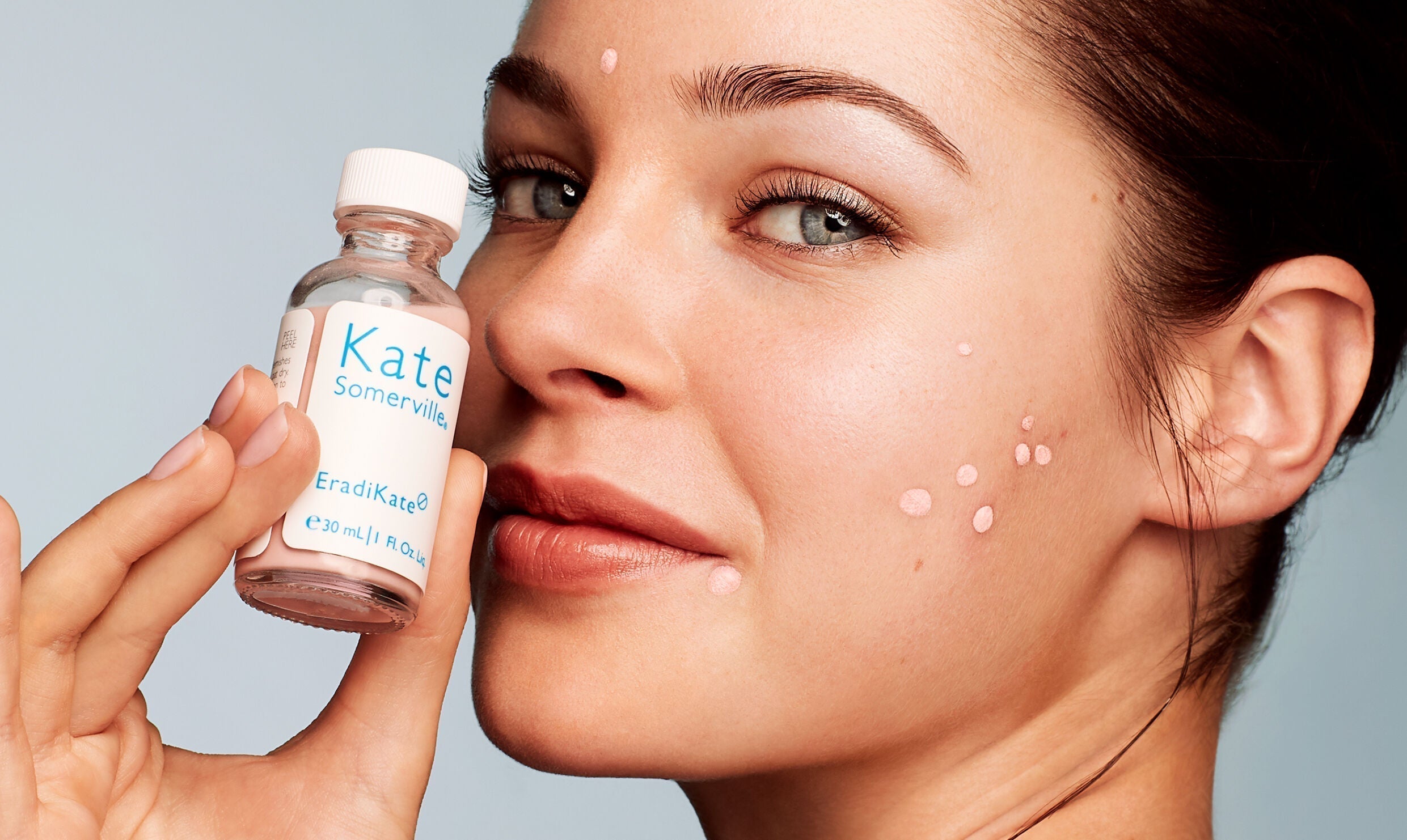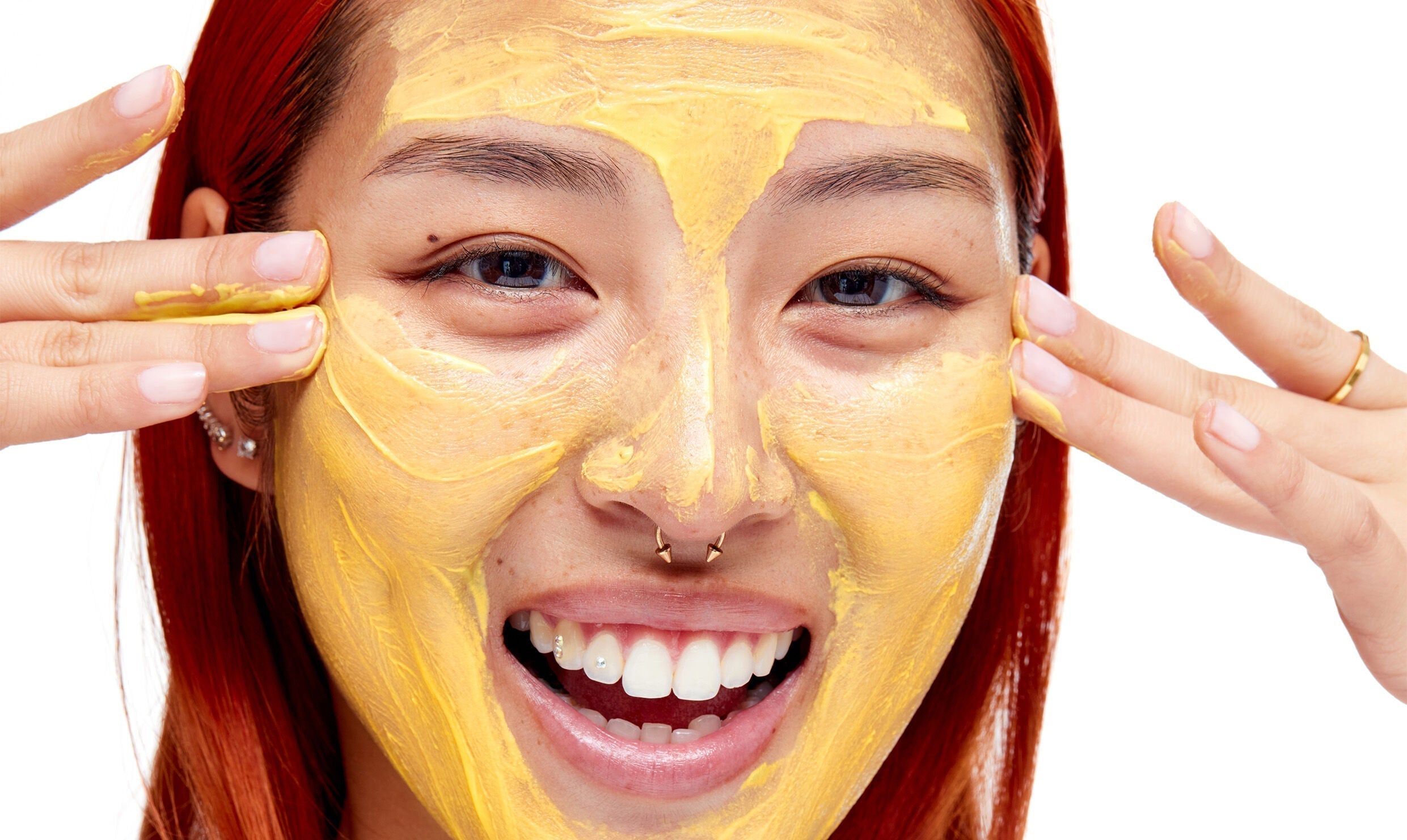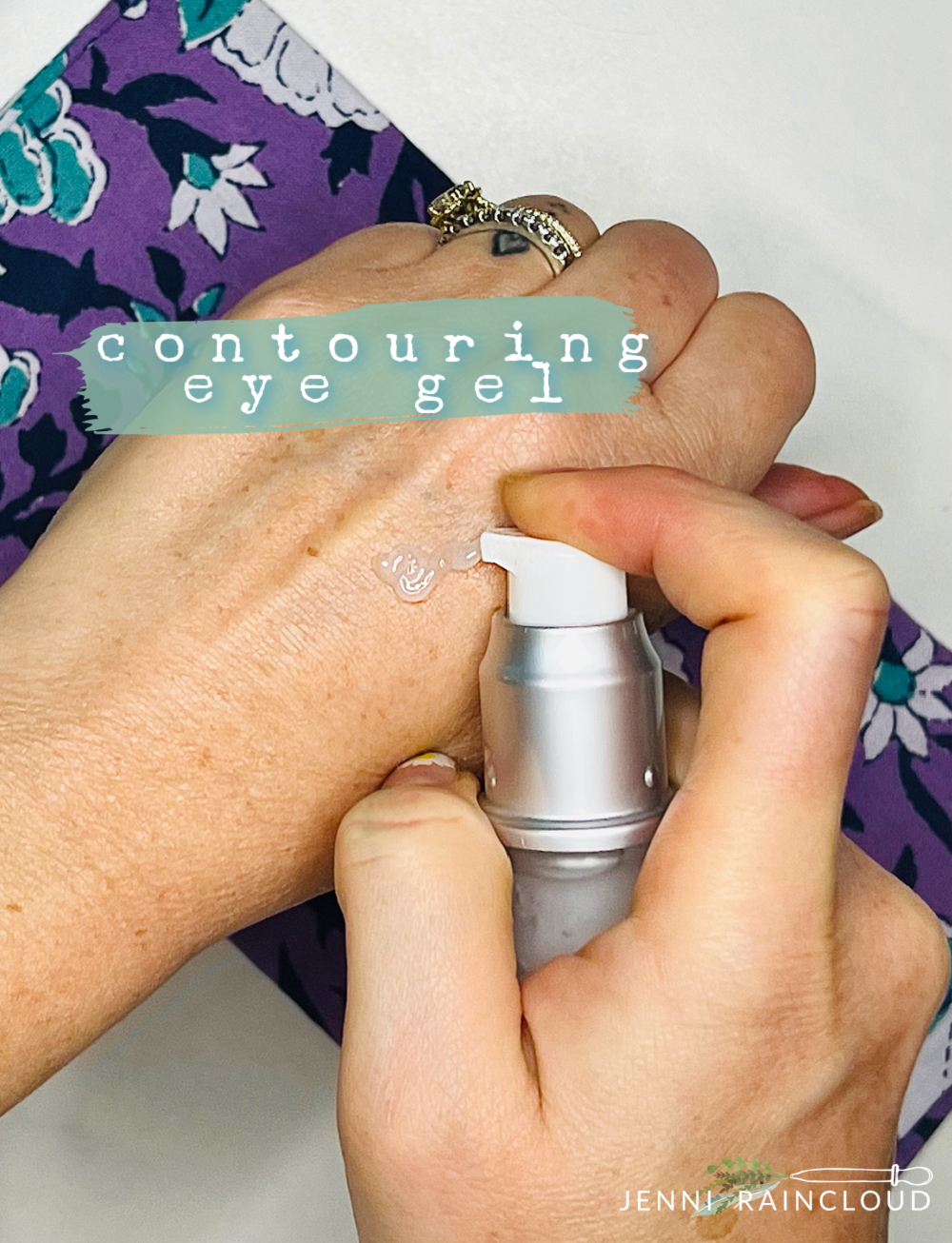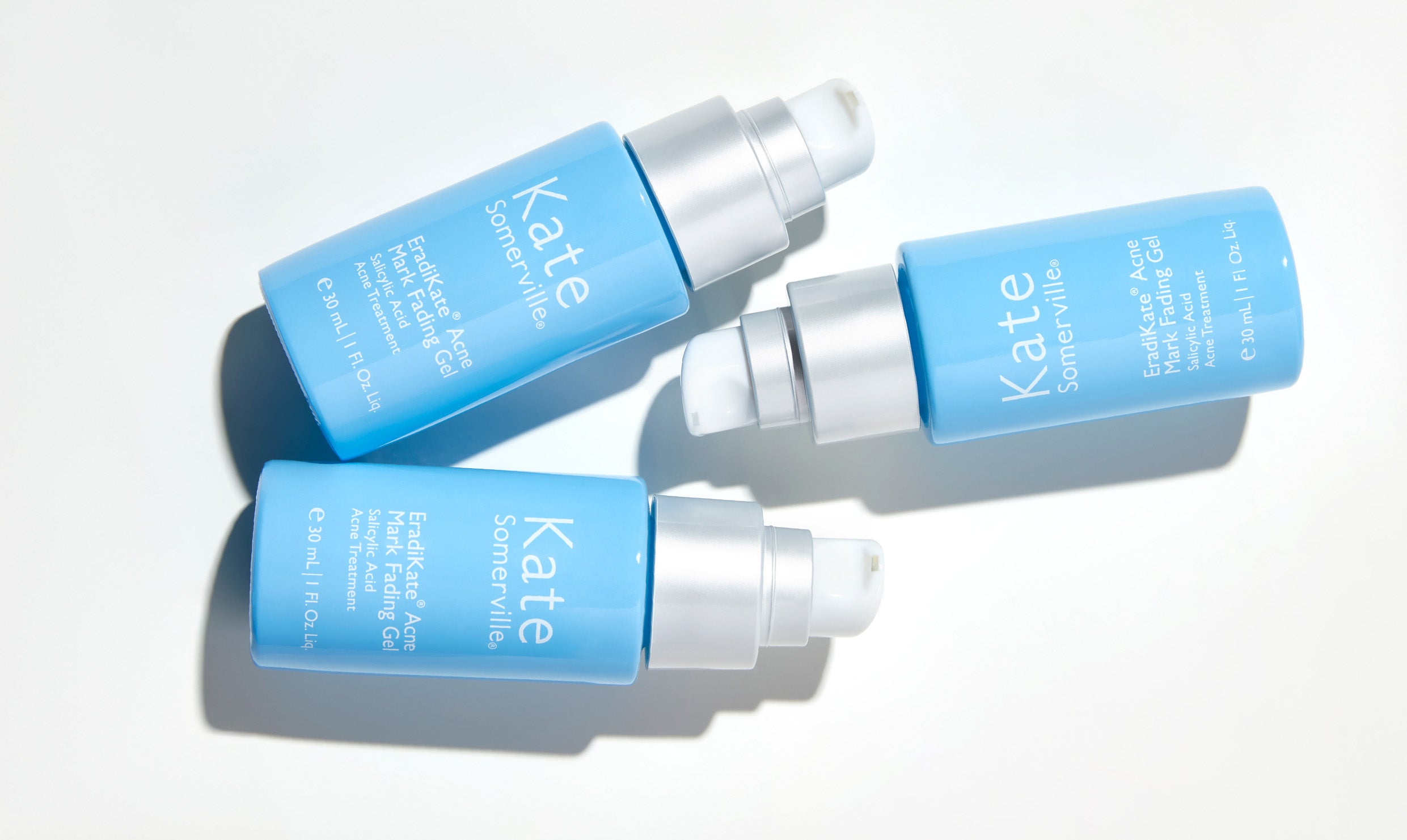
Trying to treat dark spots and hyperpigmentation on your face can be overwhelming. With all the products on the market claiming to be your magic holy grail hyperpigmentation solution, it’s hard to know where to start. Fortunately, there are ingredients that have been shown to be effective in helping reduce uneven skin tone.
Our skincare experts have carefully chosen a list of ingredients to treat dark spots and hyperpigmentation, as well as tips and tricks to incorporate them into your routine. Following these instructions can result in brighter, more even skin and a gorgeous glow.
What causes dark spots?
Dark spots are a common skin condition, but many people don’t know what really causes them. Commonly known as age spots, dark spots can form on the face and body due to several factors.
- sun damage: The most common cause of dark spots, too much sun causes the skin to produce too much melanin (the pigment responsible for skin color). Excess melanin can form dark spots and is commonly known as hyperpigmentation.
- Genetics: Some people are genetically predisposed to hyperpigmentation as genetic variations can affect the production and distribution of melanin
- hormones: Your skin contains estrogen and progesterone receptors in the dermis and epidermis layers. During your menstrual cycle or menopause, when those hormones in your body fluctuate, you may experience changes in skin pigmentation.
- Inflammation: Similar to other causes of hyperpigmentation, inflammation may be to blame due to the production of excess melanin as the skin’s response to lesions (also known as acne).
- bad diet: deficiencies of certain vitamins and minerals such as vitamin C, E and zinc can weaken the skin’s natural defenses
No matter what the cause, dark spots can be annoying and even make you feel self-conscious.
What are the best ingredients to treat dark spots?
1) vitamin C
We’re sure you’ve heard of this holy grail ingredient used for various skin concerns and its ability to fade fine lines and wrinkles, but vitamin C has also been shown to be one of the best ingredients for fading dark spots and post-inflammatory hyperpigmentation.
Several studies have been conducted to show the benefits of using topical vitamin C as a dark spot corrector, showing that topical vitamin C helps in the renewal of skin cells and improves the appearance of dark spots from hyperpigmentation.
Our Vitamin C and Retinol Serum It is clinically proven to improve the appearance of fine lines and wrinkles, and may also help fade dark spots. After just one week of use, 90% of users said their skin looked brighter. It’s a great way to help protect your skin from environmental damage (think UV exposure and pollution), which can be a big culprit of hyperpigmentation.
2) Glycolic acid
Glycolic acid, an alpha hydroxy acid (AHA), helps exfoliate and penetrate deep into pores to dissolve the top layers of dead skin cells, which over time can help fade dark spots and reduce the appearance of blemishes.
This powerful ingredient also stimulates cell renewal and helps improve skin discoloration and texture. By regularly applying products containing glycolic acid, dark spots can fade leaving skin smooth and clear.
Adding glycolic acid to your skin care routine can significantly help reduce the appearance of dark spots. Our Glycolic Acid Peeling Pads contain 10% glycolic acid to help target dark spots along with aloe vera and cucumber extract to soothe and nourish skin.
If you have a sensitive skin type and need a product that won’t irritate your skin, opt for a product with a lower strength of glycolic acid like our liquid exfoliant. Clinically tested and safe for sensitive skin, our liquid scrub contains 2% glycolic acid, along with lactic acid, salicylic acid, and fruit enzymes to help exfoliate skin without irritation.
3) niacinamide
There are several benefits of niacinamide in skin care products, with its ability to tone and fade dark spots being one of the common benefits. The reason it is so effective in lightening skin is that it blocks the production of melanin in the skin, which prevents the formation of more dark spots and evens out existing ones.
It can also help increase ceramides, an essential part of our skin’s barrier, making it an ideal ingredient for mature or sensitive skin. Niacinamide helps reduce inflammation and sebum production, which can prevent future discoloration from occurring. If you are looking for a natural way to reduce dark spots, niacinamide is one of the best dark spot ingredients you can try.
Other ways to reduce dark spots
In addition to the best ingredients to fade dark spots, there are other natural and effective ways to reduce their appearance:
- Exfoliate regularly: Use a gentle exfoliant with natural ingredients like oatmeal or jojoba oil to help naturally remove dead skin cells.
- Try a face mask: Look for masks with anti-inflammatory ingredients like turmeric and honey, rich in antibacterial properties to help fight bacteria.
- Use sunscreen daily: Prolonged sun exposure is one of the main culprits of hyperpigmentation, so be sure to protect your skin from UV rays every day (yes, even when it’s cloudy).
The road to treating hyperpigmentation can be long and complicated, but incorporating some of these key ingredients and tips into your skincare routine can get you on the right path.
Sources:
- Baxter LL, Pavan WJ. The etiology and molecular genetics of human pigmentation disorders. Wiley Interdisciplinary Reviews: Developmental Biology. 2012;2(3):379-392. doi:https://doi.org/10.1002/wdev.72
- Mobasher P, Foulad DP, Raffi J, et al. Catamenial hyperpigmentation: a review. The Journal of clinical and aesthetic dermatology. 2020;13(6):18-21. Accessed April 11, 2023. https://www.ncbi.nlm.nih.gov/pmc/articles/PMC7442313/
- Telang P. Vitamin C in dermatology. Indian Dermatology Online Journal. 2013;4(2):143. doi:https://doi.org/10.4103/2229-5178.110593



